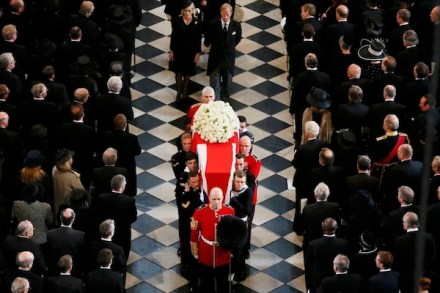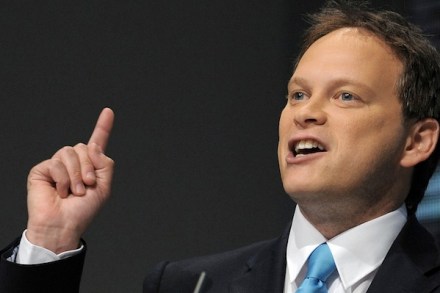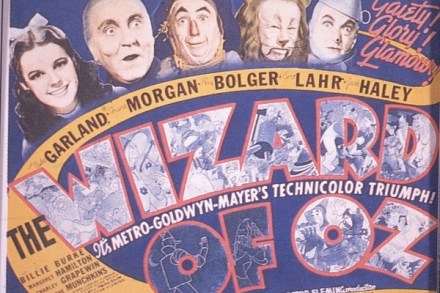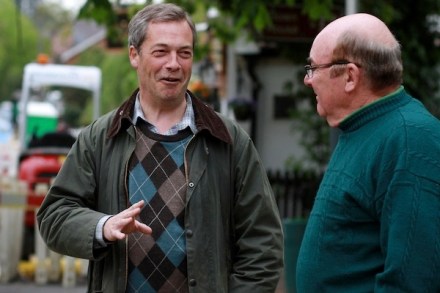Andrew Neil discusses Margaret Thatcher’s funeral
In tomorrow’s View from 22 podcast, BBC presenter and Spectator chairman Andrew Neil discusses attending Margaret Thatcher’s funeral, the significance of the event in British history as well as his personal encounters with the former Prime Minister. We’re delighted to bring you the interview below. Subscribe to the View from 22 here to receive the whole episode first thing tomorrow morning, featuring Baroness Thatcher’s biographer Robin Harris and Spectator editor Fraser Nelson on the lesser known side of her foreign policy. listen to ‘Andrew Neil on Margaret Thatcher’s funeral’ on Audioboo



















